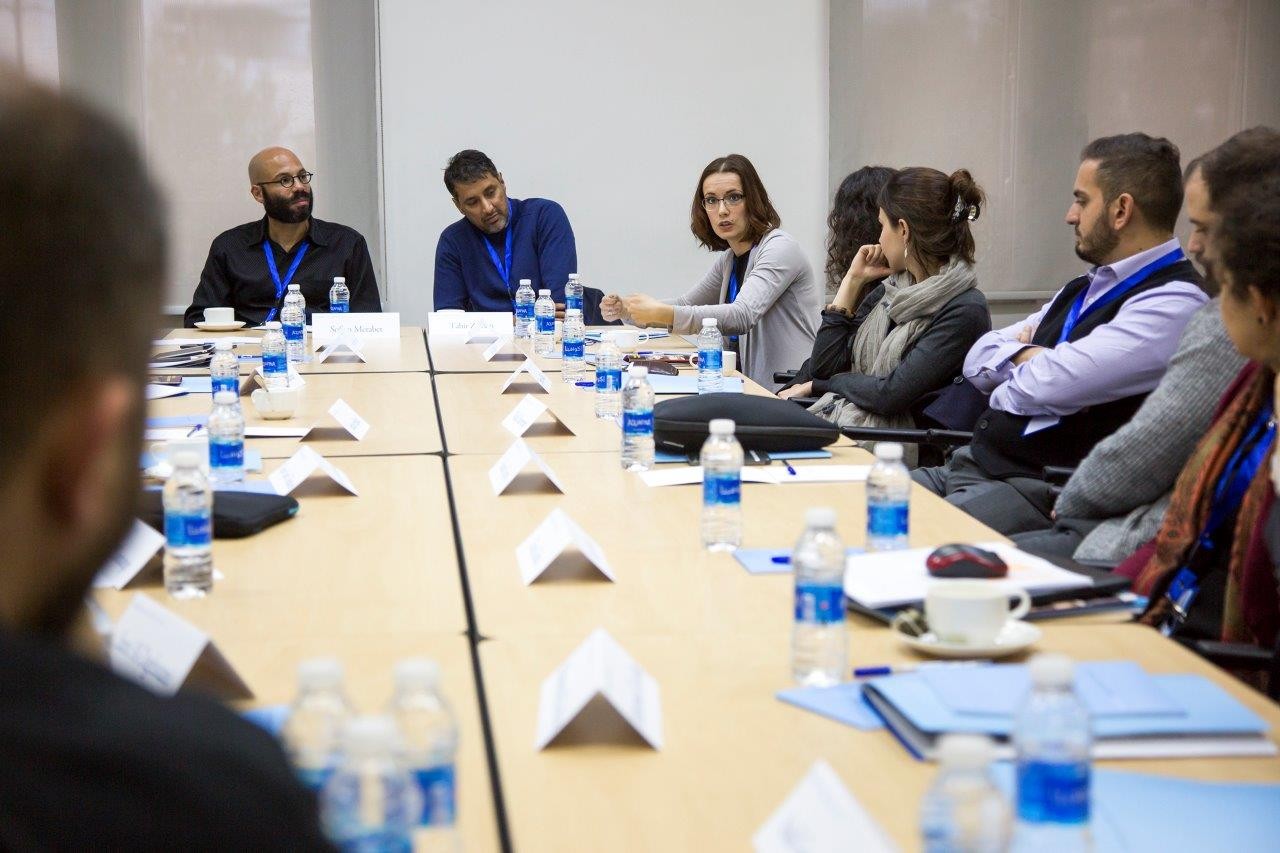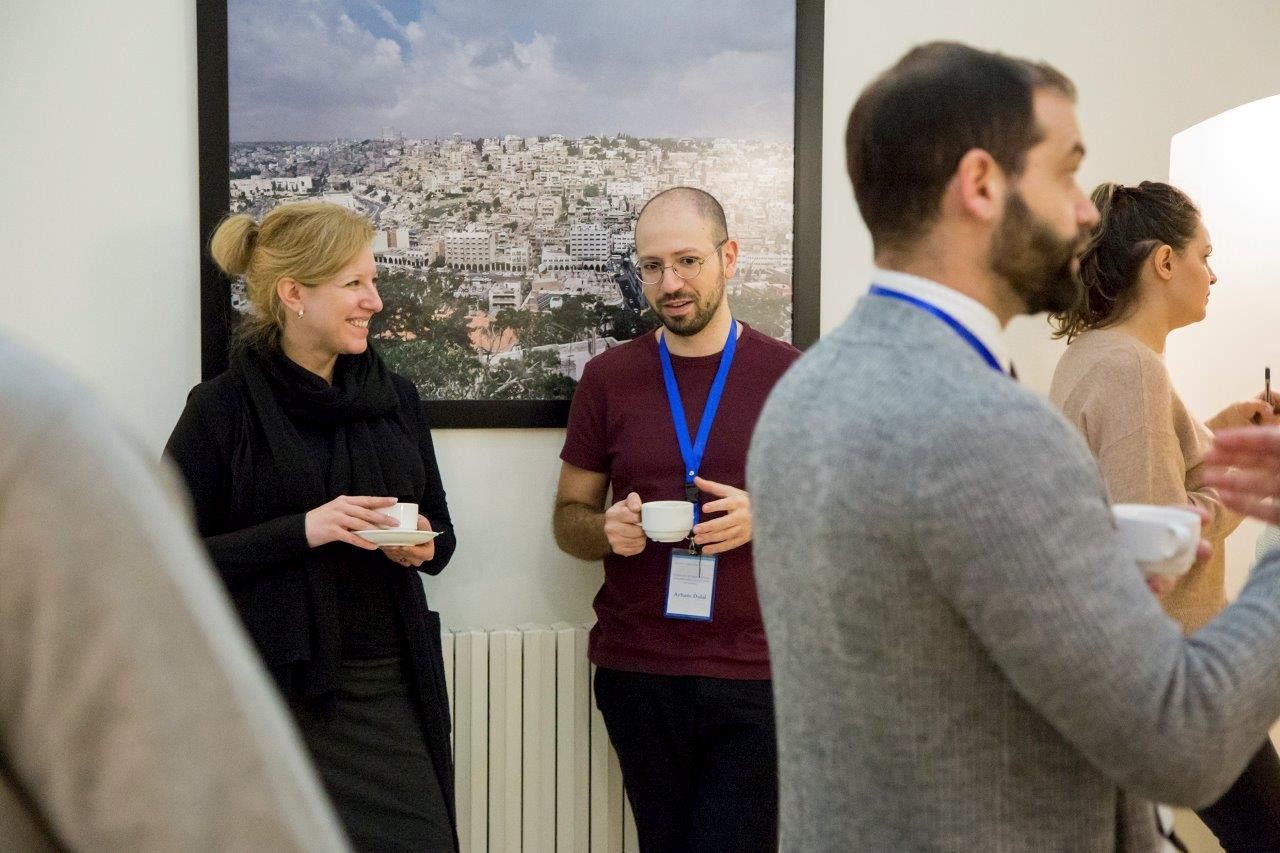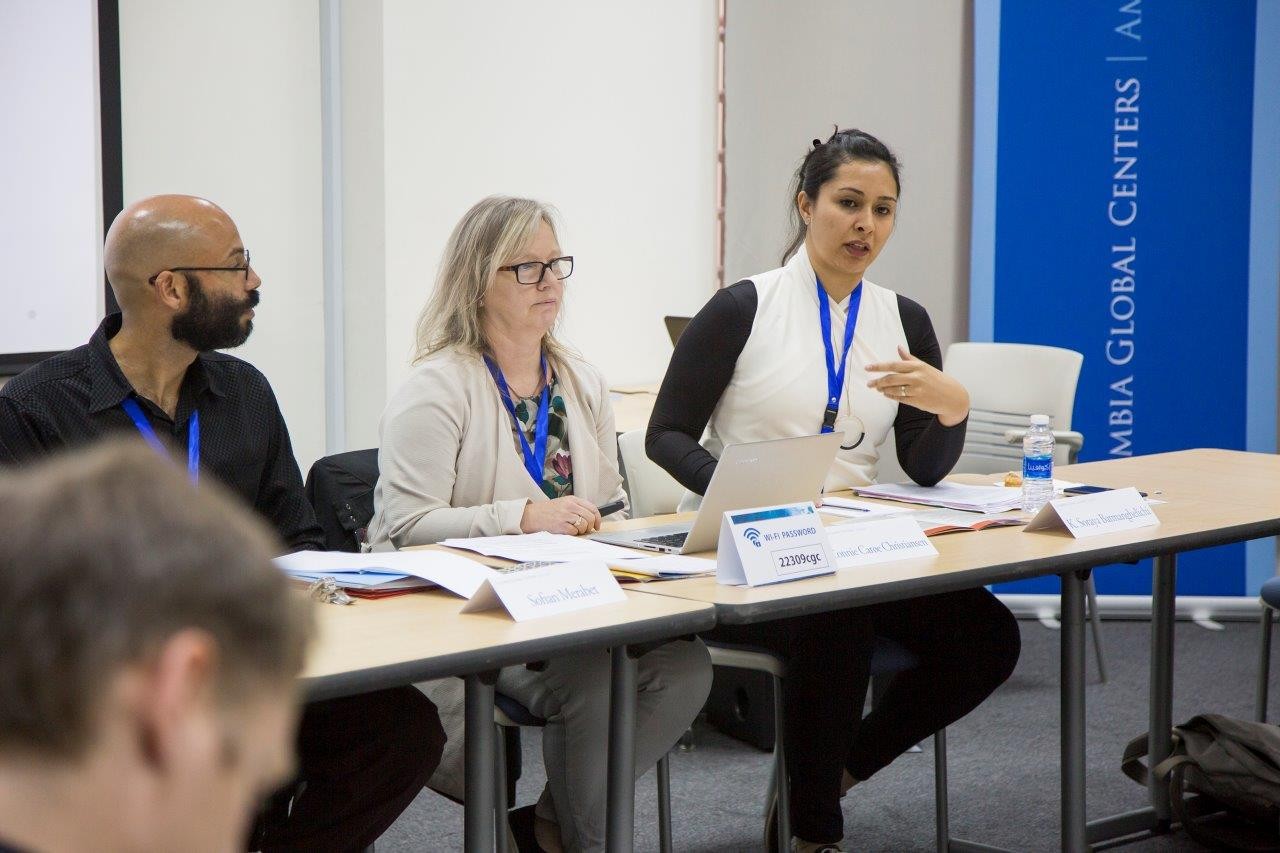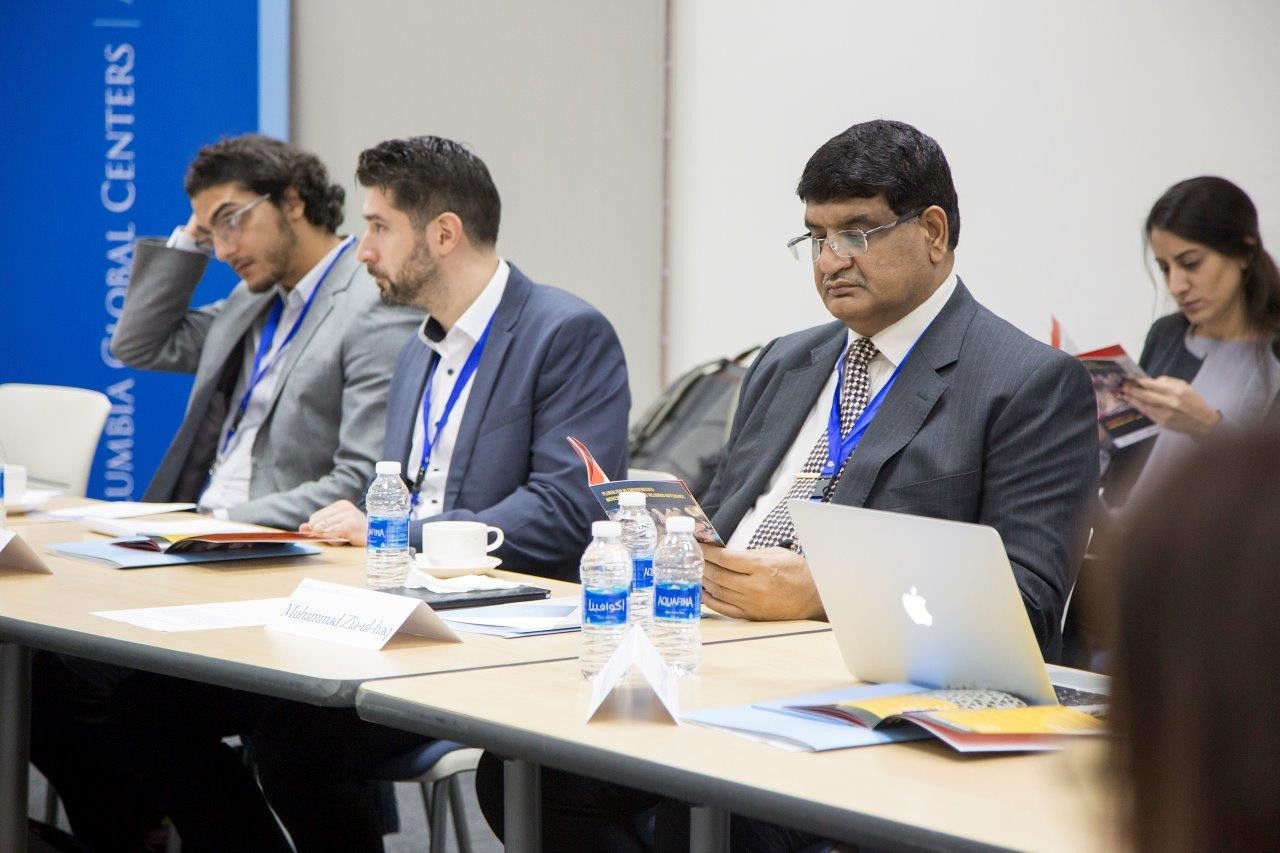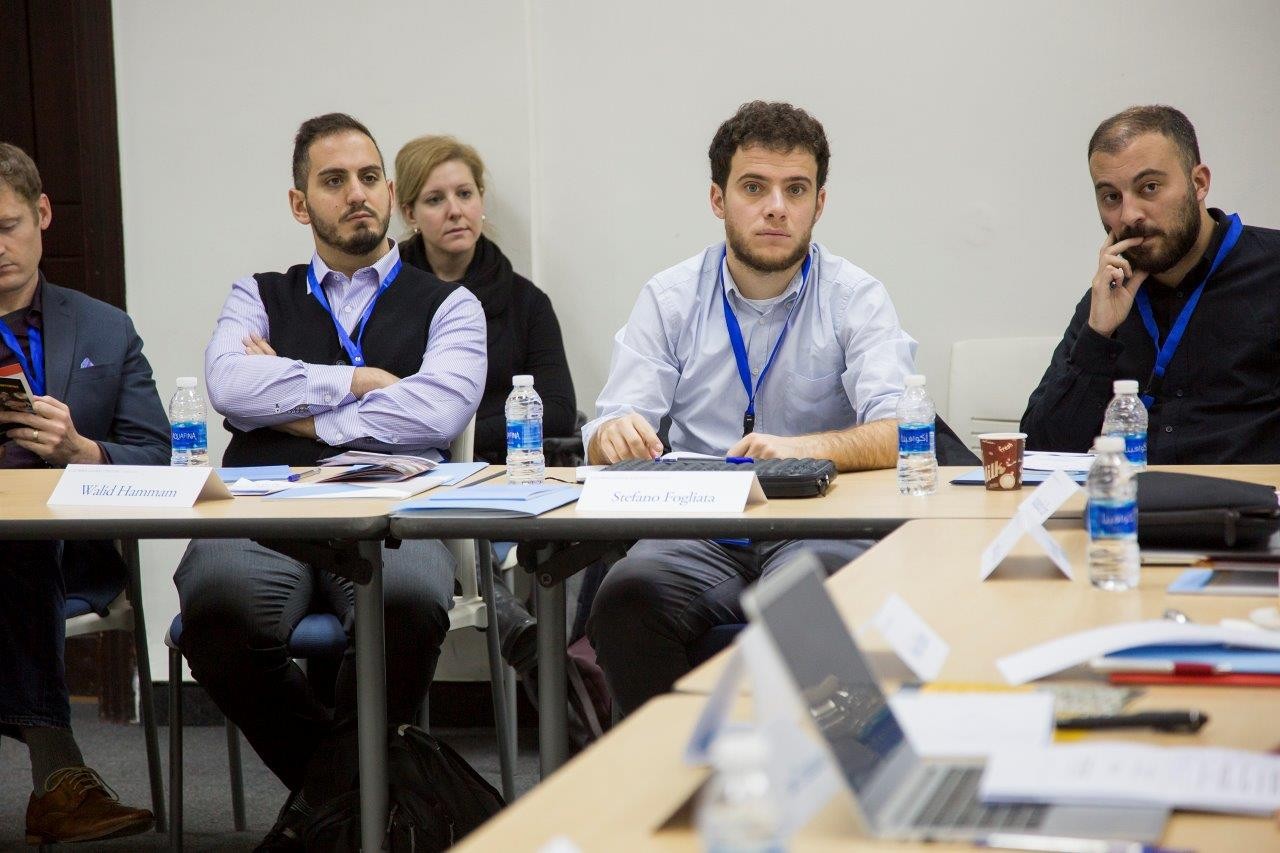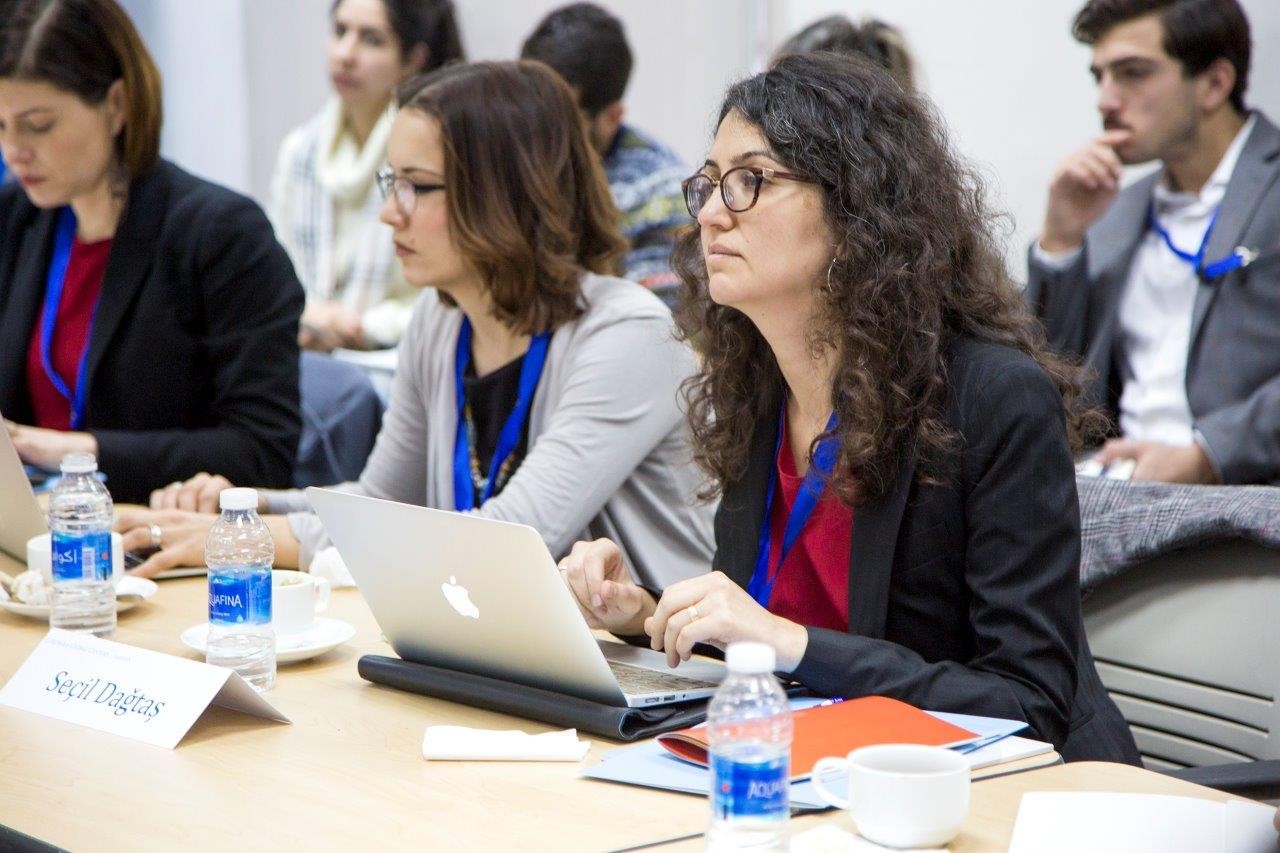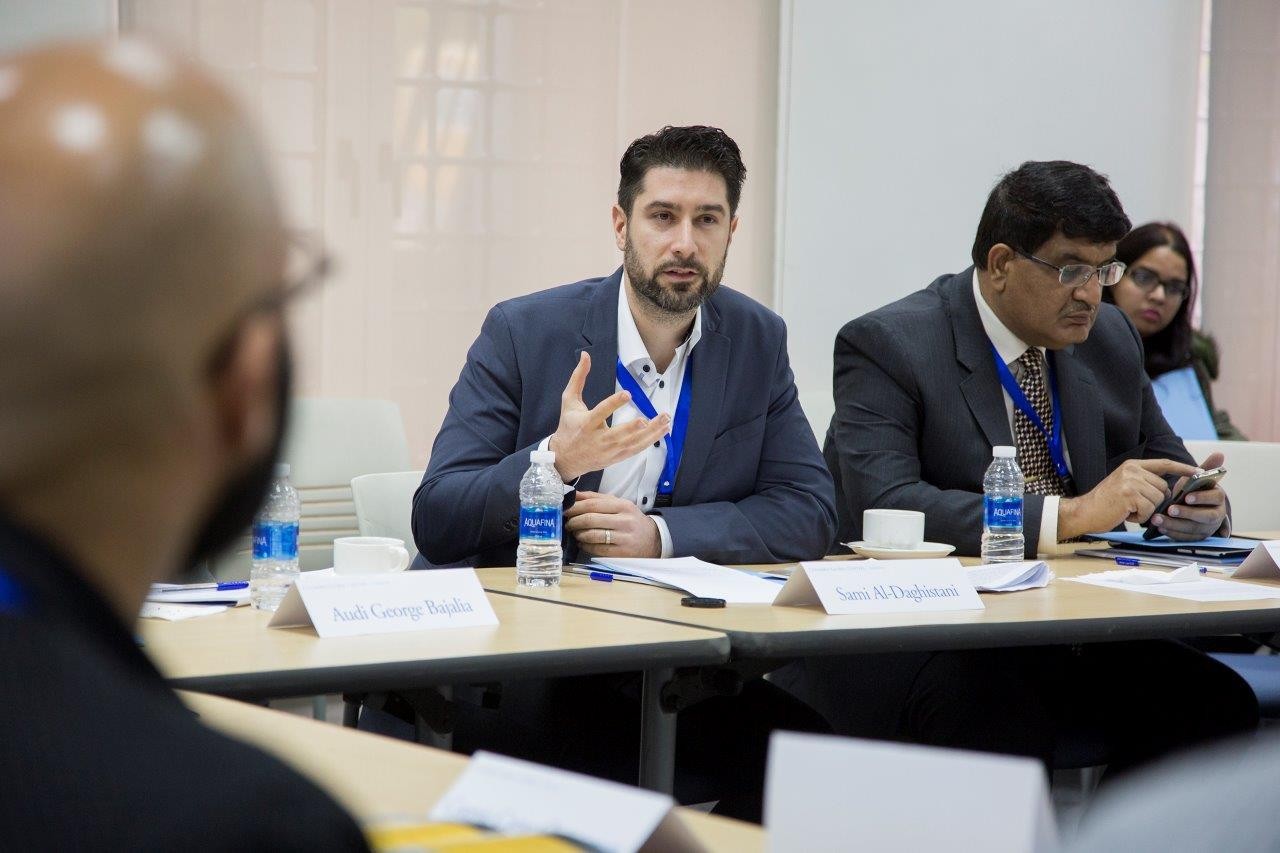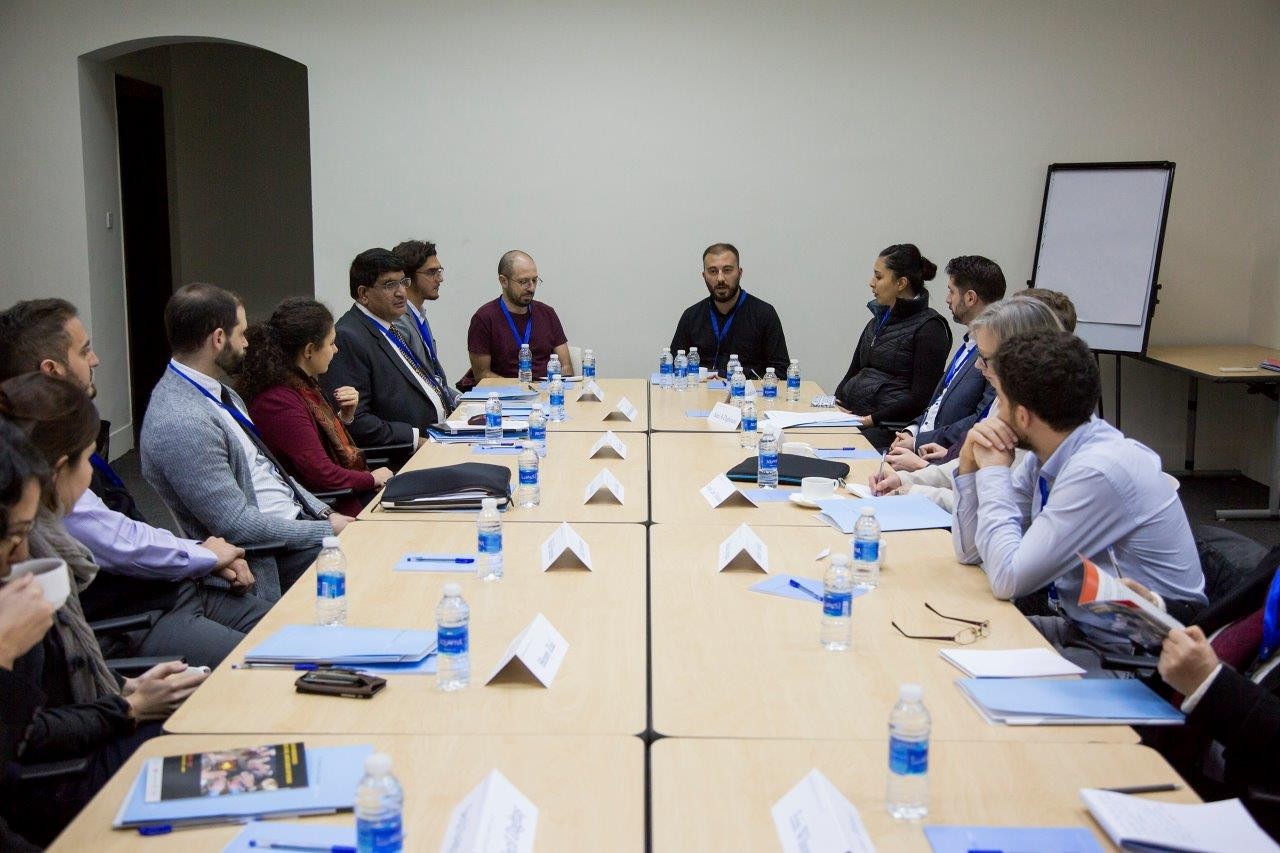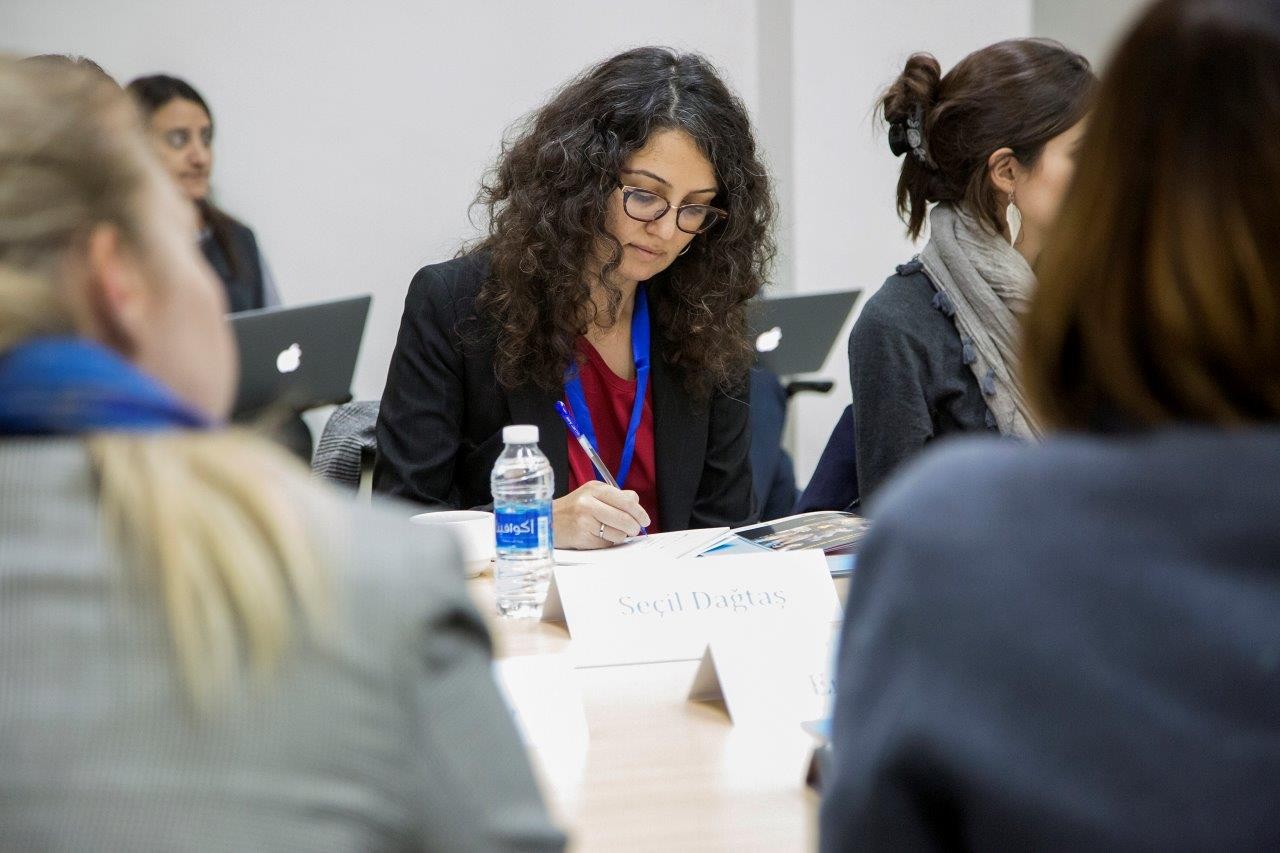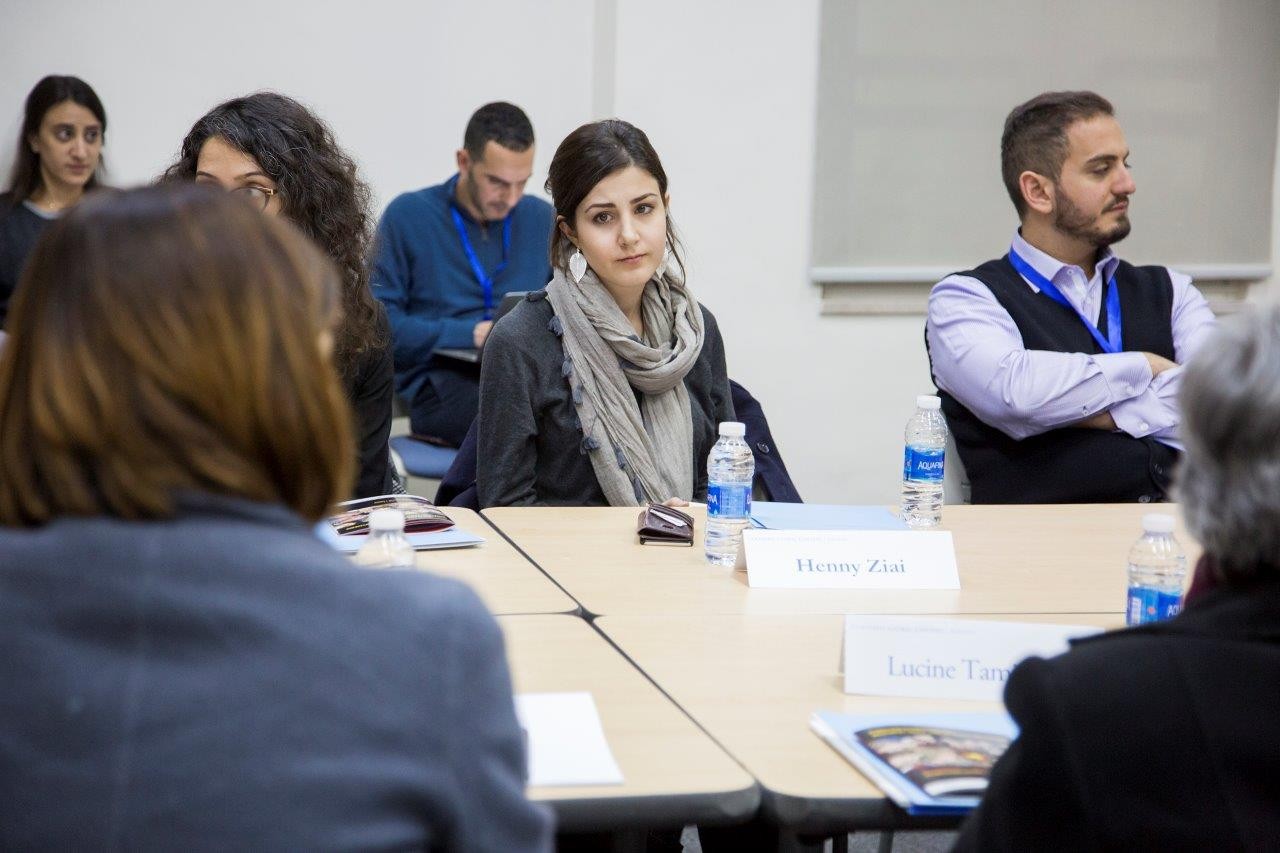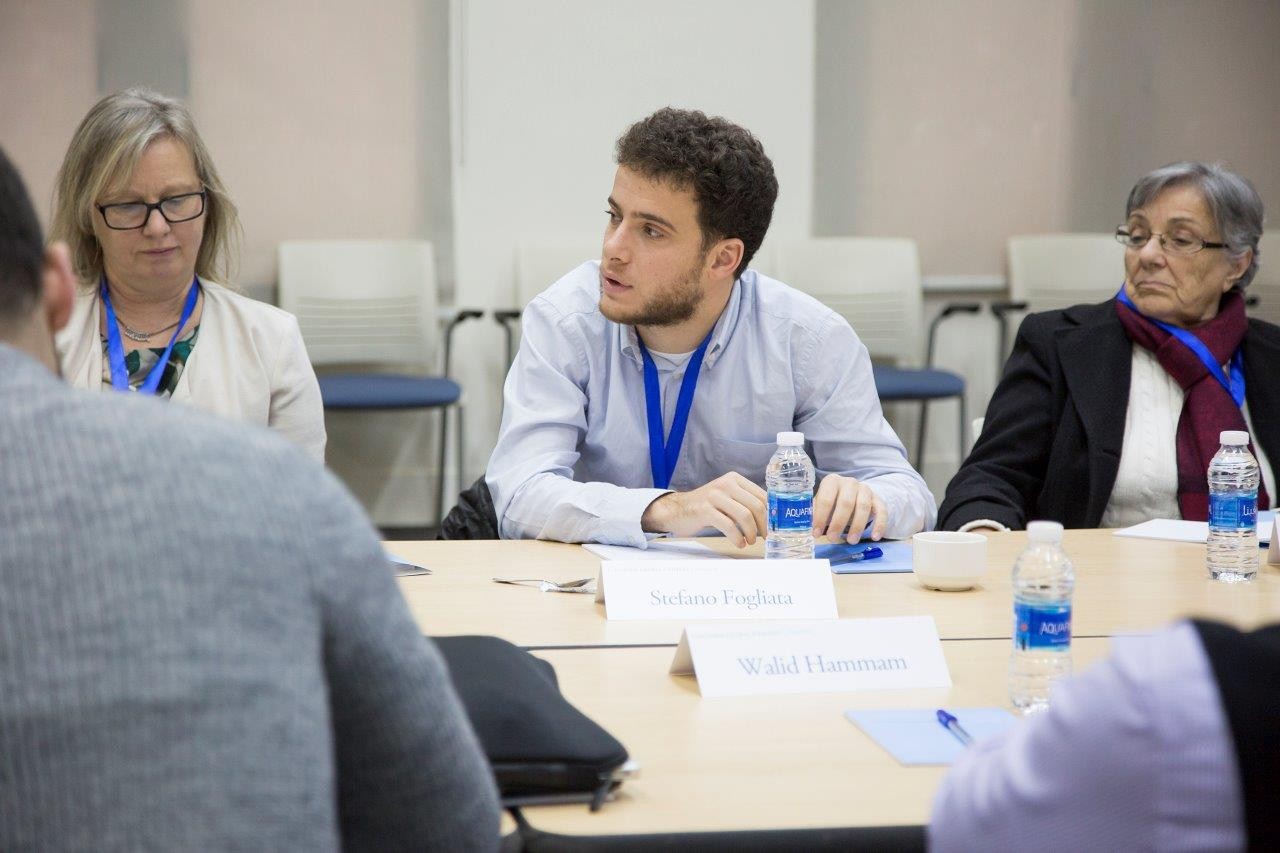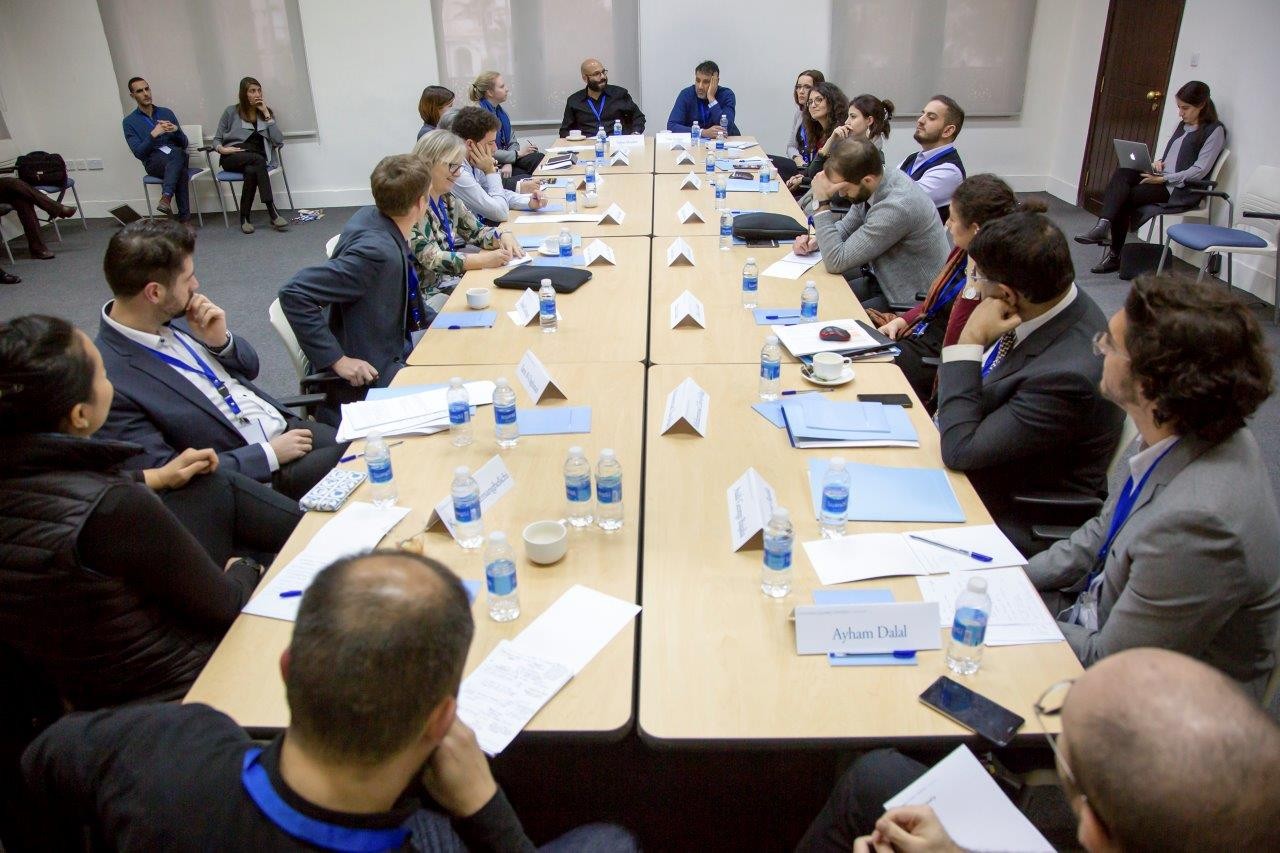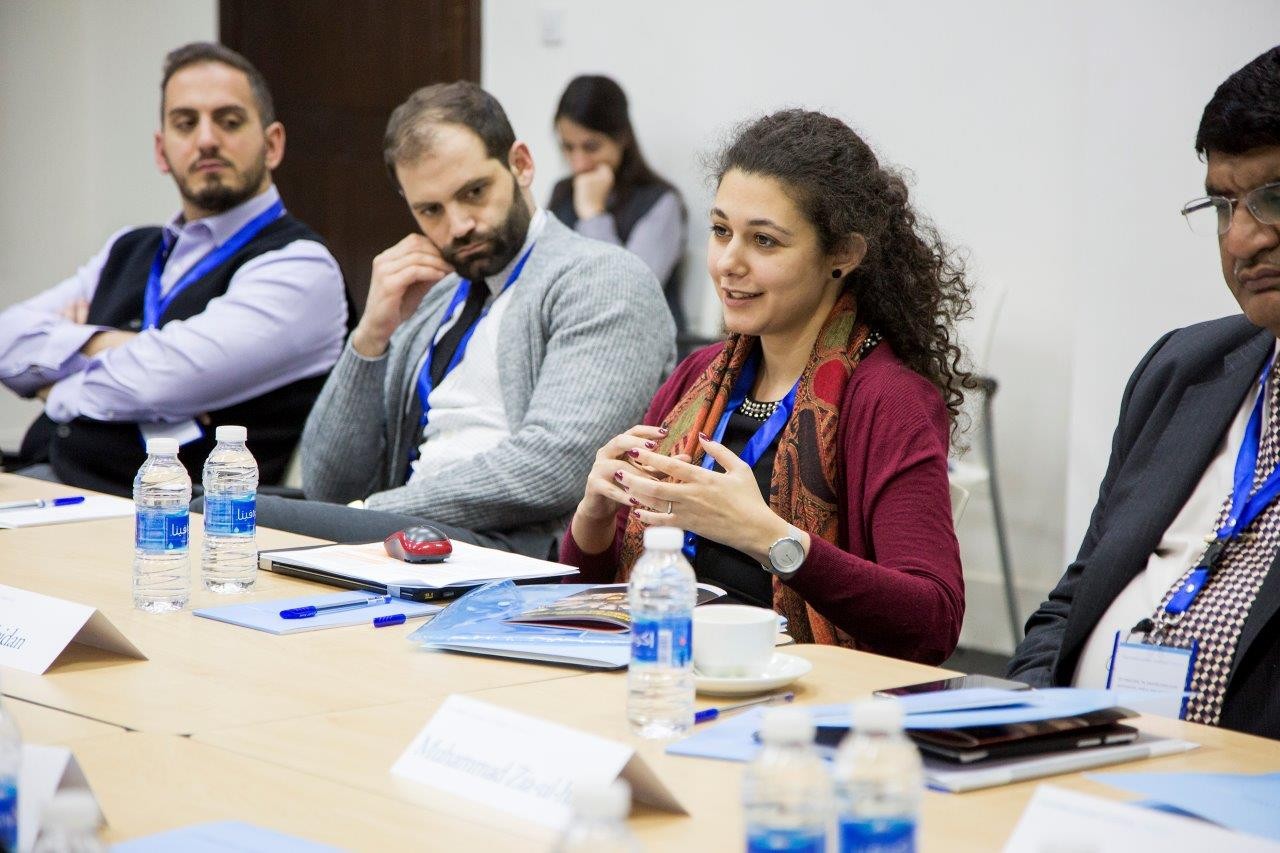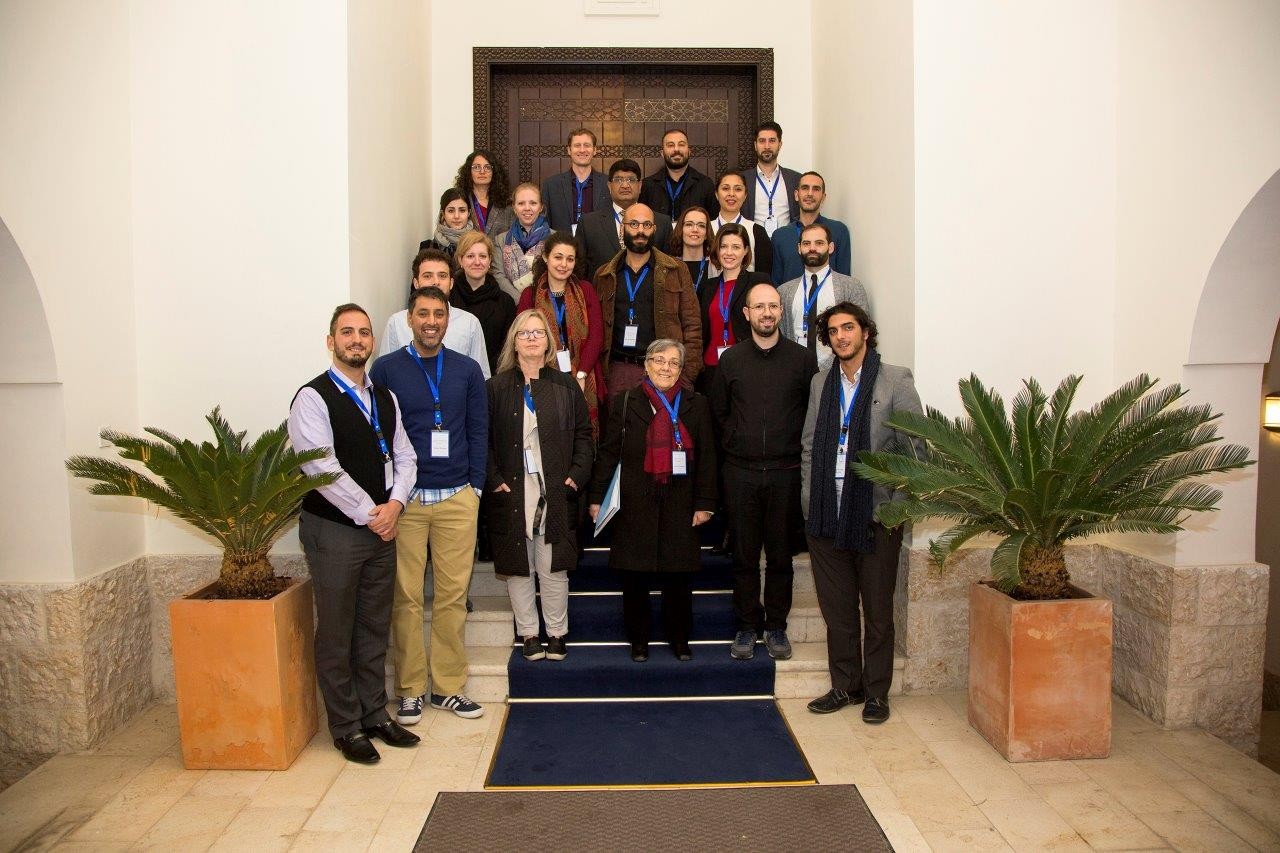The Amman Center held a two-day conference, Pluralism in Emergenc(i)es: Movement, Space, and Religious Difference, on December 2-3, 2017, that brought together local experts, students and activists with regional specialists and practitioners from academia, civil society and the NGO sector. Participants presented and discussed the impact of the global migration situation on housing and urban development, collective memory and identity, and religious pluralism in the face of rapidly changing and increasingly precarious lived realities.
Participants included:
- Ayham Dalal, Technical University of Berlin
- Connie Christiansen, Lebanese American University
- Daniel Corstange, Columbia University
- Diana Zeidan, Ecole des Hautes Etudes en Sciences Sociales
- Erin Wilson, University of Groningen
- Hengameh Ziai, Columbia University
- Jacqueline Parry, American University of Iraq (Sulaimani)
- Mahiye Seçil Daǧtaș, University of Waterloo
- Muhammad Zia-ul-Haq, International Islamic University
- Osama Gharizi, United States Institute of Peace
- Sofian Merabet, University of Texas Austin
- Stefano Fogliata, University of Bergamo
- Tahir Zaman, University of Sussex
- Vivienne Matthies-Boon, University of Amsterdam
“Pluralism in Emergenc(i)es” explores pluralism as it emerges in response to contemporary global crises. “Pluralism” is commonly understood as the recognition and affirmation of diversity within a governing body or set of institutional arrangements. The conference examined the historical, social, and religious underpinnings of the so-called migrant and refugee crisis in order to position this moment as a state of emergence, rather than a state of emergency.
This conference series was co-sponsored by IRCPL, Columbia Global Centers, the Center for Religion, Conflict and the Public Domain at the University of Groningen, and the Department of Culture Studies and Oriental Languages (IKOS) at the University of Oslo. An outcome of the conference includes the production of an edited book volume and other online writing fora, with a follow up discussion at the global center in Tunisia planned for summer of 2018.
